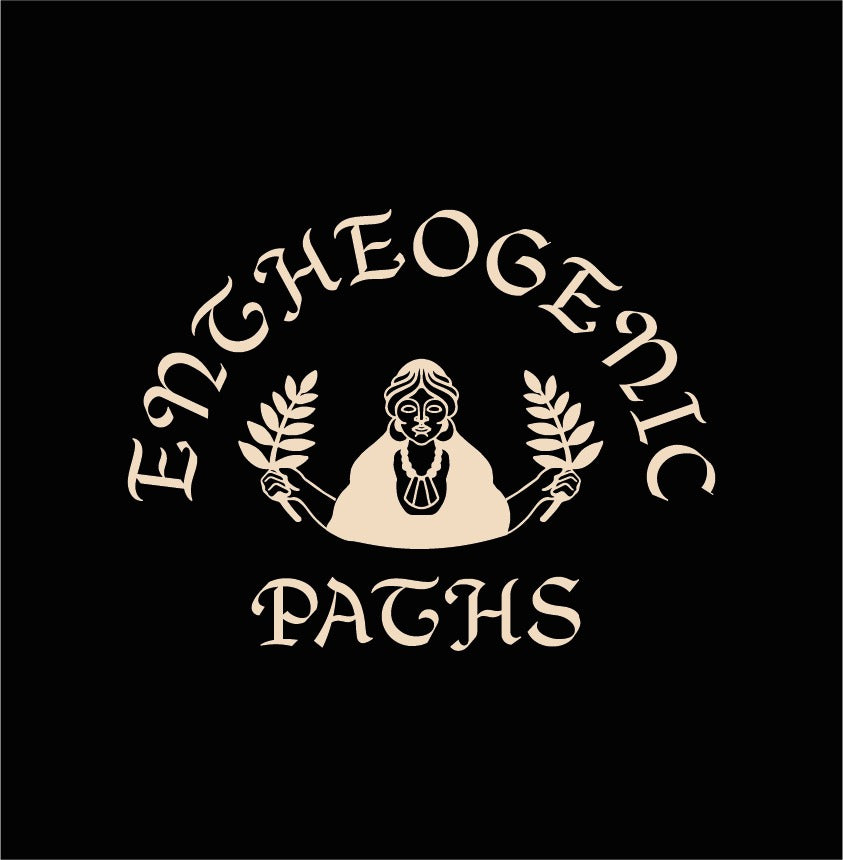By purchasing this case, you will receive a vial of white elemental incense mixed with an elemental brave count that will give a kick to any sinking action.
The incense contains oponax resin, the resin that awakens the sm
Piperine powder, poppy seeds, yohimbine and essential oil of blue nymphaea for lunar strengthening.
In addition, in this package you will receive the booklets for Mars and Labna, with instructions for summoning Minister Samal, who is the governor of Mars and Tuesday, and in general for everything related to taking actions one burning step forward, and also instructions for summoning Gabriel, the governor of Monday and the planet of the moon with appropriate seals.
+Instructions for writing and tying an amulet in a brick booklet.
In the brochures you will find...
+ Selected translations into English from "The Essay on Left Nobility for Rabbi Yitzchak HaCohen" by Gersham Shalom
Roots of the Names from the manuscript of his right from the 17th century - Roots of the Names
In addition, a vial of butterfly pea flowers and green Hujeri white + and seeds of reticulated and fragrant sage that I harvested last season.
For an additional NIS 62, you will receive a piece of virgin card
Kosher for tying the amulet
I have 18 Mars cases at this point.
Ingredients: Commiphora guidottii (Opopanax), Poppy Seeds, Piper nigrum extract - 95% piperine, Mandragora fruit peels, Yohimbe bark, Red chilli peppers and nymphaea caerulea essential oil
+ I've got some small handwritten celestial booklets with instructions for drawing seals and sewing a Kamea (amulet) for Maadim (samael) and Levanah (gabriel, moon, yesod) translated from Zacuto's Sefer Shorshei ha-Shemot (17th century Italy).
++ also printed another short commentary on the left emanation of samael and golachab who also has mentions as governor of sefirat geburah.
(Translated from an Hebrew essay by Gershom Scholem, Tarbiz, vol 5, 1993).
